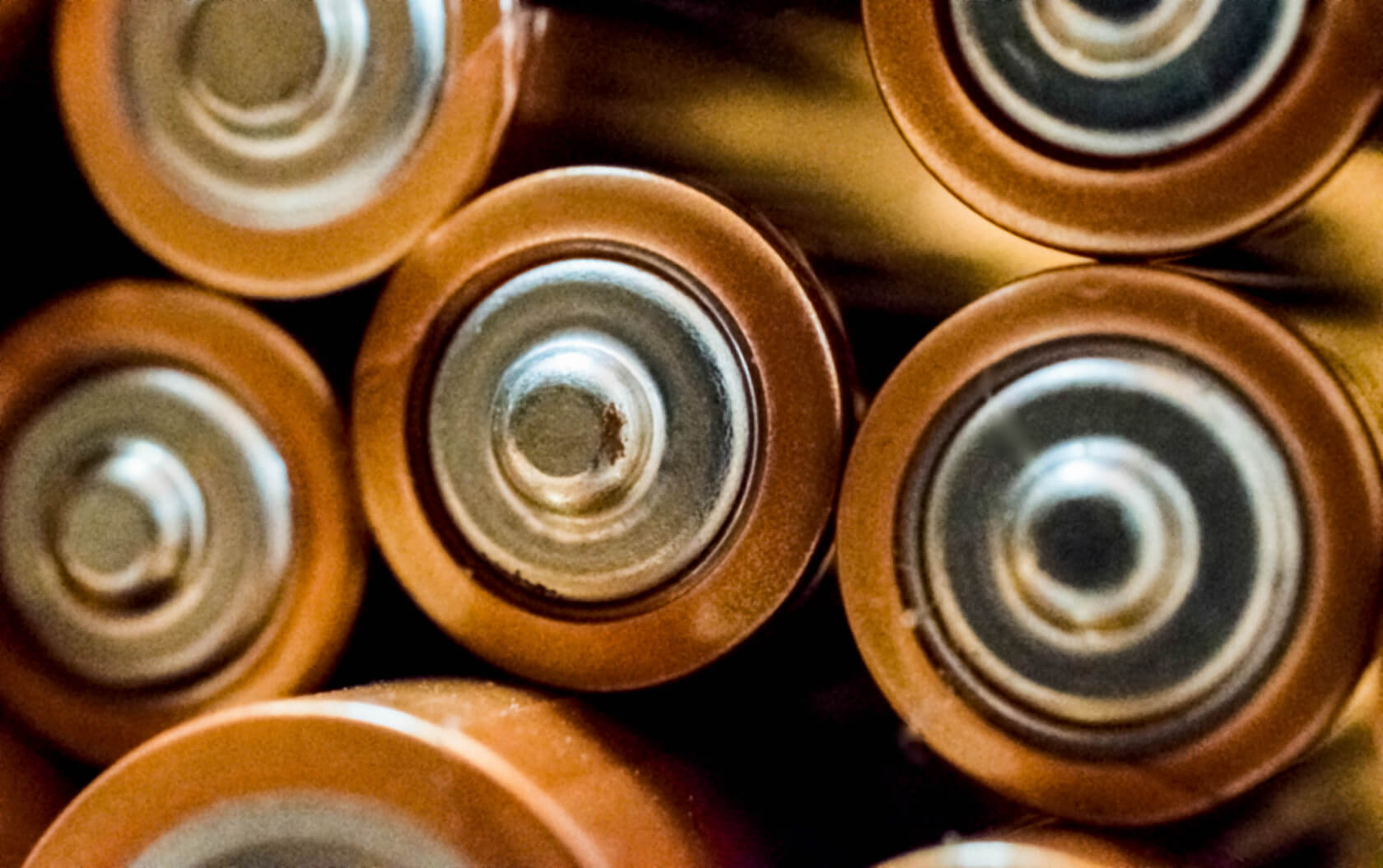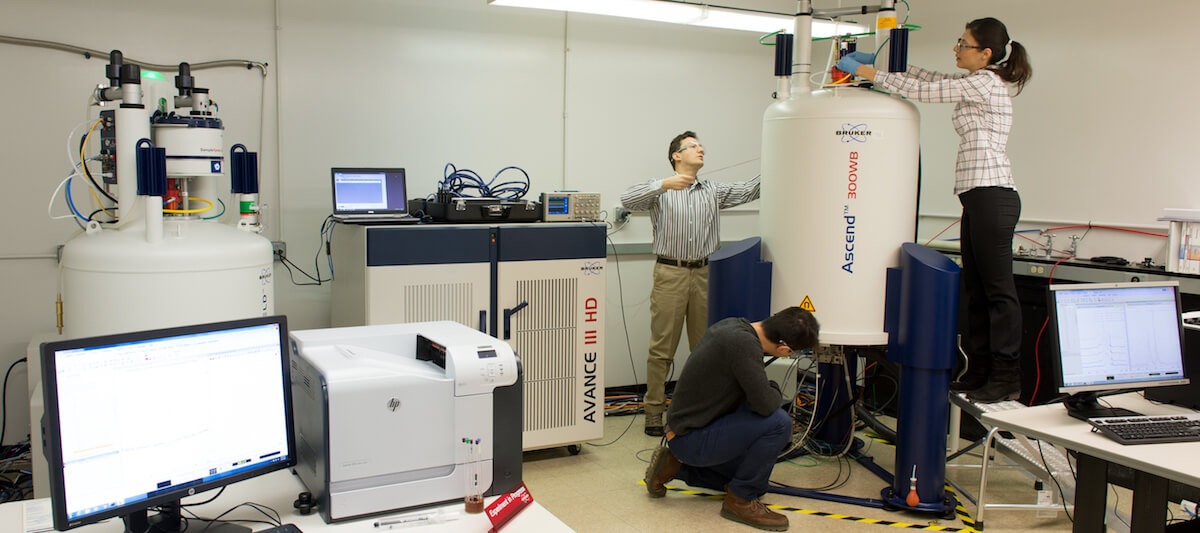Hard to hold back from lashing out rudely. So I'll just explain.
No, they don't mean light speed. Ions are not photons and Ions don't rip through batteries at the speed of light. The speed of electricity waves through wires is measured as VF (percentage of the speed of light) Typically electricity waves move between 50-99% of the speed of light through cables.
However, it's not the EM waves we're talking about its the ions... Even a single electron moving at the speed of light would have infinite observed mass. Observed mass = m′/(1-v²/c²).
Ions in fact move very slowly through the battery, can be measured as a few cm/hour.
You are correct here, but what you're missing (and my chief complaint here) is the very definition of electricity and charge. There are no "electricity
waves", to start with. Just like these technicians and engineers, you obviously don't even know
what electricity is. You almost get there, with your reiteration that electricity moves at light speed minus impedance (50-99% c, as you said, but then you falter.
Electricity is charge (photons) moving pole to pole through the nucleus - and magnetism is the spinning, equatorial emission of photons from the nucleus. A wave is a motion, not a thing, and that's one of the fundamental and most intrinsic falsifications of standard electrotheory to begin with as well. The wave/particle duality is patently false, and a huge sign we should have never listened to those people in the first place. And then you somehow magically call a finite number "infinite" in your mass equation, showing us that you also can't do math. Exactly what numbers could you plug into the mass observance equation that would
equal infinity? You cannot produce them, because you're wrong. Any particle in motion has more mass the faster it moves, but that's not
anything like infinity. You don't seem to know what words mean. It comes from the same school of thought that believes the photon to be a "virtual messenger" particle with no mass, even though Einstein's energy equation tells us that photons have mass, outright. You cannot have energy without mass, and mass is simply the propensity to transfer velocity in a collision. Mass isn't a single measurable attribute, as every physicist knows.
And that's my beef here. Currently, our computer tech uses the electron as its operating particle, but the electrons in electricity are just along for the ride, carried along by the photon charge streams moving from pole to pole through a medium. The modern transistor is basically an electron switch when we should be working with photons. This is why we're stuck at ~5GHz with processors and why they're so massively inefficient, pouring out so much heat. That heat IS the charge field, the photons pushing the electrons through and then existing the transistor instead of being utilized. They're using the wrong particle. The photon is some billions of times smaller than the electron and much faster too, and is the fundamental charge particle. Batteries don't store charge, they merely prime the local field, which is constantly full of charge already. If we focused more on real physics, we would get better results from real engineering.
And that is why these magneisum ions "move at an "unprecedented speed" through the battery." They are being propelled by charge, which is photons themselves.

